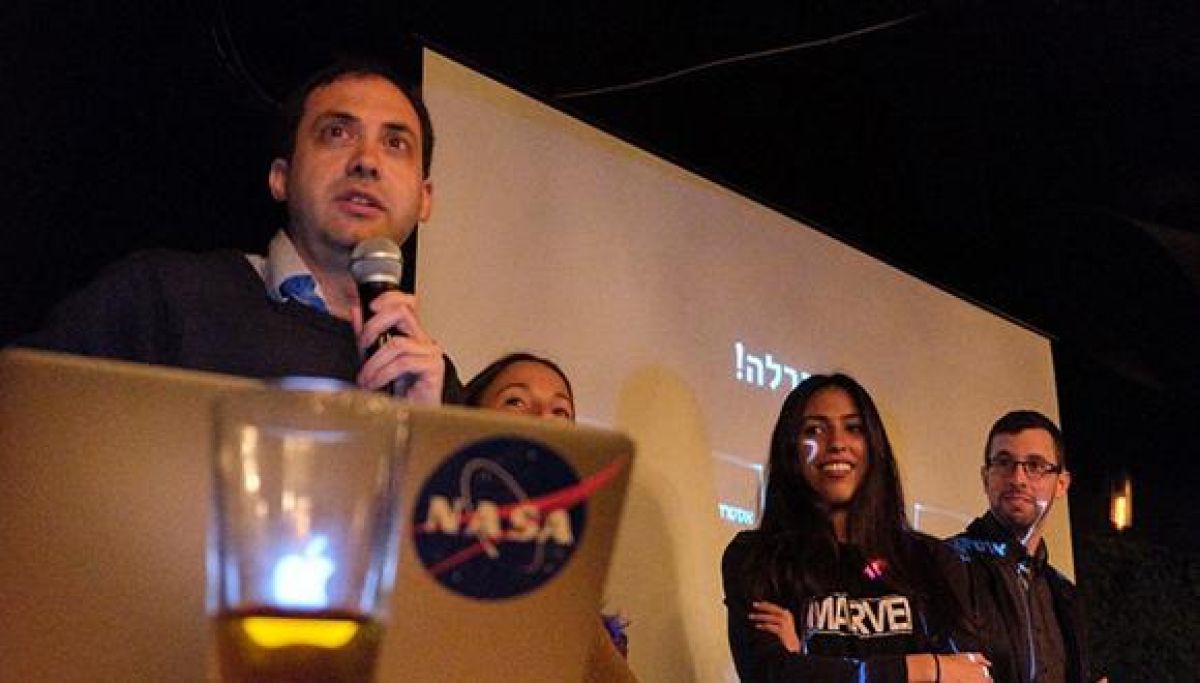President’s Farewell Message – 2009 to 2019
Prof. Joseph Klafter sums up a rewarding tenure of championing creativity and entrepreneurship in every field
Like many organizations, Tel Aviv University must reinvent itself every now and then to ensure its continuing relevance and leadership role in an ever-changing, competitive global arena. This requires creativity and an entrepreneurial spirit.
My mission as university president for the last 10 years was to champion creativity and entrepreneurship in every field, sow fertile ground for them to grow, and nurture “academic chutzpah.” All along the way I sought to closely involve faculty, students, staff, alumni and supporters. I kept an open door. I learned to embrace what seemed impossible dreams. I gave people in the TAU community “permission to fail” and resolute backing on their path to success. Mostly, I endeavored to humanize this large university – this City of Big Ideas – sprawled on a Ramat Aviv hillside. When people meet people, sparks ignite.
Among the highlights of my tenure, I would like to share a number of trends that defined the growth and evolution of the University:
Removing Barriers: Interdisciplinary Culture
TAU has always been the Israeli pioneer for novel interdisciplinary research and study programs. Building on this foundation, TAU added some 50 major research centers, institutes and study frameworks, mostly in partnership with visionary donors, in areas ranging from neuroscience to ethics, evolutionary history to cyber security, and sports performance to smart cities – to name a few. Likewise, a vigorous faculty recruitment drive emphasized rising stars who could bring interdisciplinary know-how to TAU and Israel. Since 2010, TAU absorbed 420 talented new faculty members at an overall cost of $88 million.
Taking Flight: Globalization
Just as academic disciplines are borderless, so too are the challenges facing scientists. Developing more effective drugs, ensuring food security, protecting the environment, fighting poverty – these and many more universal challenges require a concerted global effort. Over the last decade, TAU has expanded ties and founded joint innovation centers with leading institutions on 6 continents, with a particularly dramatic push eastward into China and India. A globalized campus also meant attracting more international students, and we increased English-language degree programs from 2 in 2009 to 17 today.
Demonstrating Confidence: Strategic Moves
Along with looking outward to global opportunities, TAU looked inward at its own structure and brand identity and managed to rejuvenate both. We reorganized 125 academic departments into 31 schools to further encourage interdisciplinary excellence. And while already a super-brand in Israel, TAU nonetheless underwent a branding process to reposition itself as a bold, curiosity-inspiring research university that frees researchers, students and alumni to “pursue the unknown.”
Pursuing the Unknown: Innovation and Entrepreneurship
Out of fearless questioning on the one hand, and interdisciplinary thinking on the other, emerges wonderful innovation – the new ideas, products or services that transform our lives. Over the last 10 years, TAU has flourished as a world recognized hub for generating discoveries and startups in every sphere. Among the factors contributing to this success are robust industry ties, venture capital backing, and the move to embed both technological and social entrepreneurship into the curriculum.
Serving the Community: Social Responsibility
Along with translating knowledge into practical solutions, TAU significantly widened access to its rich offerings for the benefit of Israeli society. TAU students work with about 100 NGOs on vital civic projects. Scholarship programs target underrepresented groups in higher education such as the Ultra-Orthodox, minorities, and young people with disabilities. At the same time, we’re diversifying and expanding our future student body with a unique program for teaching TAU online courses – for full university credit – in periphery high schools.
Expanding Capabilities: $1 Billion Global Campaign
TAU’s heightened contribution and impact would not have been possible without the dedication and generosity of the University’s supporters. Donor funding has enabled the construction of 12 buildings for a total of 60,000 sq. m. (645,000 sq. ft.) in new, state-of-the-art facilities. Moreover, through the tireless activities of TAU’s Friends Associations in 26 countries, TAU’s reach is more extensive than ever before. We leveraged this heightened visibility to kick off, in 2013, the largest fundraising campaign of any Israeli university — $1 billion in 10 years – aimed at ensuring TAU’s growth momentum and fostering the Next Big Ideas. This year we reached $600 million in cash and pledges.
Today, after 3,600 intensive days and nights, I look back with satisfaction and forward with confidence. Mine has been a fascinating job at the apex of personal fulfilment and public service, philanthropy and private investment, and national priorities and global concerns. It has reinforced my deep belief in the singular importance of the University to Israeli society and to freedom and progress everywhere.
Most of all, I leave my position as President incredibly grateful for the help and support I received from my TAU family every step of the way. I extend heartfelt thanks for the noble and inspiring teamwork that has placed TAU firmly on the map of the world’s lead



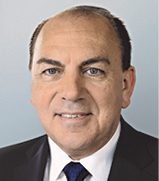 Dr. Axel A. Weber, Germany
Dr. Axel A. Weber, Germany  Mr. Sylvan Adams, Israel/Canada
Mr. Sylvan Adams, Israel/Canada 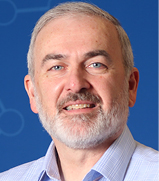 Prof. Adrian R. Krainer, USA/Uruguay
Prof. Adrian R. Krainer, USA/Uruguay 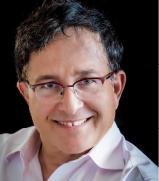 Dr. Shlomo Markel, Israel
Dr. Shlomo Markel, Israel 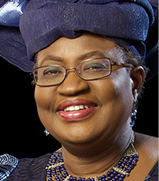 Dr. Ngozi Okonjo-Iweala, Nigeria
Dr. Ngozi Okonjo-Iweala, Nigeria 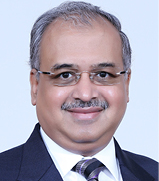 Mr. Dilip Shanghvi, India
Mr. Dilip Shanghvi, India 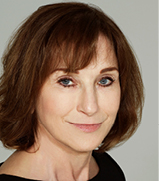 The Hon. Laura Wolfson Townsley, UK
The Hon. Laura Wolfson Townsley, UK 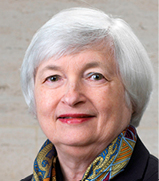 Dr. Janet L. Yellen, USA
Dr. Janet L. Yellen, USA 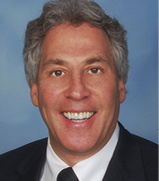 Mr. Richard Sincere, USA
Mr. Richard Sincere, USA 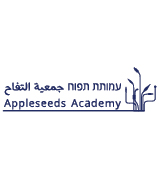 Appleseeds Academy, Israel
Appleseeds Academy, Israel 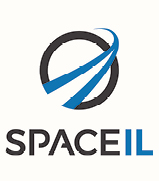 SpaceIL
SpaceIL 





